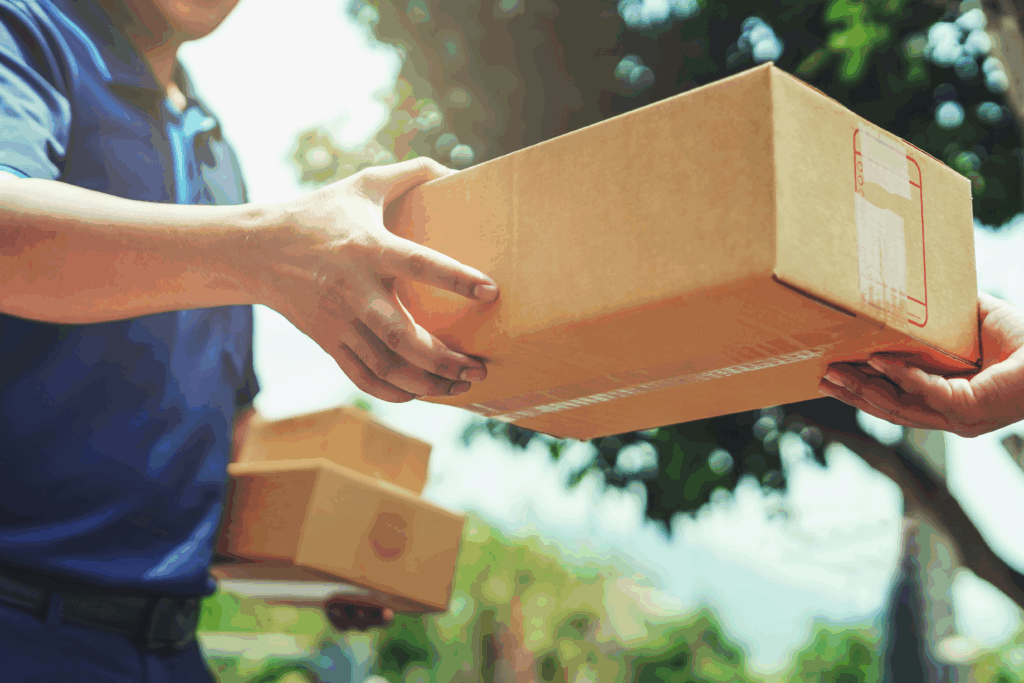We live in a world that tells us convenience is king. You can get almost anything delivered to your door within hours. You can tap your phone and have dinner appear on your doorstep. You can pay a little more for the fruit to be cut, the clothes to be hemmed, and the errands to be run for you. None of these are bad things. Sometimes convenience is the reason we can keep up with life. But when it becomes the default choice, it can quietly drain our money in ways that are easy to miss.
I want to make something clear. This is not about cutting every luxury or never treating yourself. This is about awareness. If we are trying to make progress toward financial goals, we have to understand how our money is being spent and why. Convenience is one of the sneakiest categories in a budget because it hides behind necessity and self-care.
Take food delivery, for example. The meal itself might be $18, but by the time you add fees, tips, and taxes, you are easily looking at $30 or more. If you are ordering three times a week, that is $360 a month. That is money that could be going toward a savings goal, debt payoff, or even just staying in your account to give you breathing room.
Same-day shipping can be another one. The $3 or $5 you pay for faster shipping feels small in the moment. But if you add that fee to every order you place in a month, you might spend $40 or $50 just to get things faster. When we are not paying attention, convenience becomes an ongoing bill we never agreed to.
Many of us buy convenience because we are tired. It is not always about laziness or lack of discipline. It is often about burnout, decision fatigue, and the mental load we carry. After a long day, paying someone else to cook, clean, or run an errand can feel like the only way to breathe. The problem comes when it becomes the only option we give ourselves.
So how do we reclaim both our time and our money without feeling like we are depriving ourselves? It starts with small, realistic shifts.
1. Decide where convenience is worth it for you.
Not all convenience spending is wasteful. If paying for grocery delivery saves you two hours every week that you can spend with your kids or rest your body, that might be worth every SS Reader. Choose a few areas where you will intentionally pay for convenience and give yourself permission to do so.
2. Identify where it is hurting your budget.
Look at the last 30 days of your spending. Highlight every time you paid extra for speed, delivery, or pre-prep. Seeing the total number might surprise you. This is not about guilt. It is about having a clear picture so you can make changes with confidence.
3. Replace one convenience habit at a time.
If you usually get takeout three nights a week, cut it to two and replace the third with an easy at-home option. This could be frozen veggies and salmon in the oven, or a quick stir-fry. The goal is not to overhaul your life but to swap habits in ways that still meet your need for ease.
4. Build your own convenience systems.
Sometimes the best way to save is to make things convenient for yourself without paying extra. This could mean prepping snacks at the start of the week to avoid temptation from pre-packaged options. It could mean keeping your laundry folded and ready to prevent last-minute dry cleaning. The more you build systems that save you time, the less you have to outsource.
5. Think of time and money as a partnership.
Every financial decision you make has two parts: the money it costs and the time it gives or takes from you. Sometimes spending more is the right choice because it frees you for something important. Other times, spending more just because you can ends up robbing you of the progress you want to make.
Convenience is not the enemy. It is a tool. The key is to use it with intention instead of default. We live in a society that makes it easy to swipe, tap, and pay, making life easier. There is nothing wrong with saying yes to that sometimes. The real power comes when you know exactly why you are saying yes and when you are able to say no without feeling like you are losing.
By taking a closer look at the cost of convenience, you can protect both your financial health and your mental peace. You can spend in ways that truly support your life, not just your moment. And that is where the real balance lives.
The content provided is intended for informational purposes only. Estimates or statements contained within may be based on prior results or from third parties. The views expressed in these materials are those of the author and may not reflect the view of SmartSpending. We make no guarantees that the information contained on this site will be accurate or applicable and results may vary depending on individual situations. Contact a financial and/or tax professional regarding your specific financial and tax situation. Please visit our terms of service for full terms governing the use this site.

